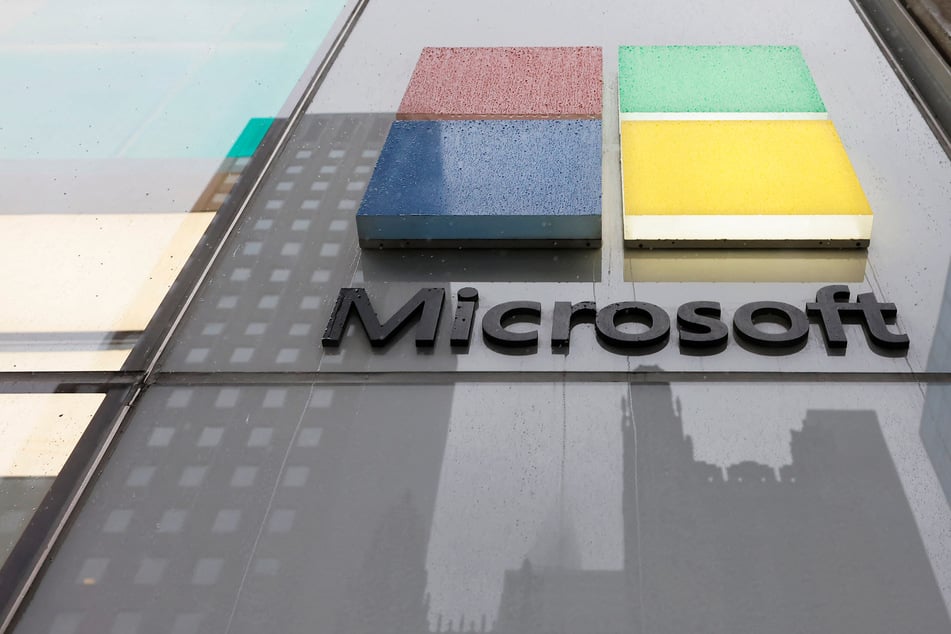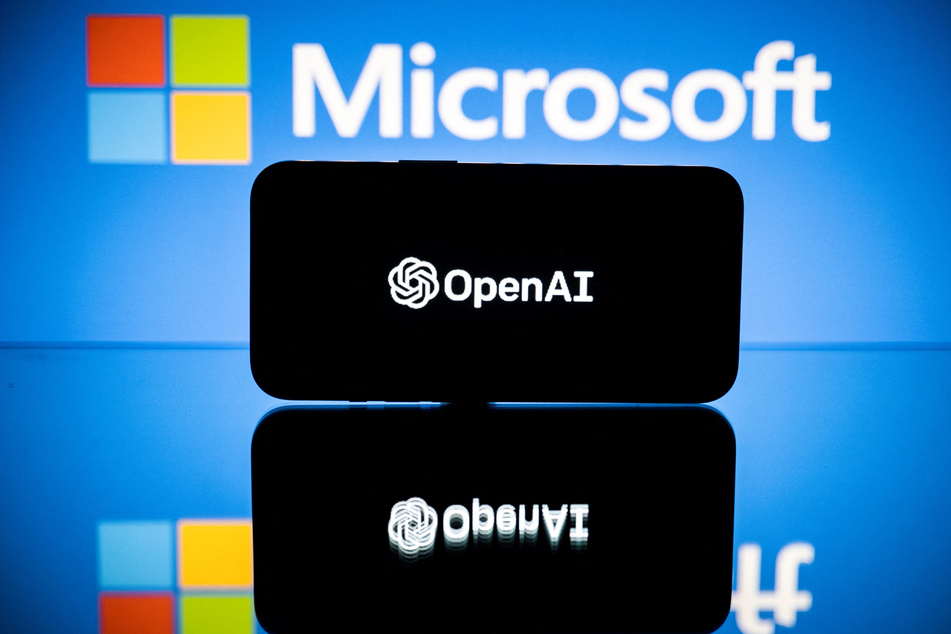Microsoft teases lifelike avatar AI tech – and sparks new fears over deepfakes
San Francisco, California - Researchers at Microsoft have revealed a new artificial tool that can create deeply realistic human avatars – but offered no timetable to make it available to the public, citing concerns about facilitating deepfake content.

The AI model known as VASA-1, for "visual affective skills," can create an animated video of a person talking, with synchronized lip movements, using just a single image and a speech audio clip.
Disinformation researchers fear rampant misuse of AI-powered applications to create "deepfake" pictures, video, and audio clips in a pivotal election year.
"We are opposed to any behavior to create misleading or harmful contents of real persons," wrote the authors of the VASA-1 report, released this week by Microsoft Research Asia.
"We are dedicated to developing AI responsibly, with the goal of advancing human well-being," they said.
"We have no plans to release an online demo, API, product, additional implementation details, or any related offerings until we are certain that the technology will be used responsibly and in accordance with proper regulations."
Microsoft researchers said the technology can capture a wide spectrum of facial nuances and natural head motions.
"It paves the way for real-time engagements with lifelike avatars that emulate human conversational behaviors," researchers said in the post.
Microsoft expresses concerns for deepfakes using avatar technology

VASA can work with artistic photos, songs, and non-English speech, according to Microsoft.
Researchers touted potential benefits of the technology, such as providing virtual teachers to students or therapeutic support to people in need.
"It is not intended to create content that is used to mislead or deceive," they said.
VASA videos still have "artifacts" that reveal they are AI-generated, according to the post.
ProPublica technology lead Ben Werdmuller said he'd be "excited to hear about someone using it to represent them in a Zoom meeting for the first time."
"Like, how did it go? Did anyone notice?" he said on social network Threads.
ChatGPT-maker OpenAI in March revealed a voice-cloning tool called "Voice Engine" that can essentially duplicate someone's speech based on a 15-second audio sample.
But it said it was "taking a cautious and informed approach to a broader release due to the potential for synthetic voice misuse."
Cover photo: MICHAEL M. SANTIAGO / GETTY IMAGES NORTH AMERICA / GETTY IMAGES VIA AFP